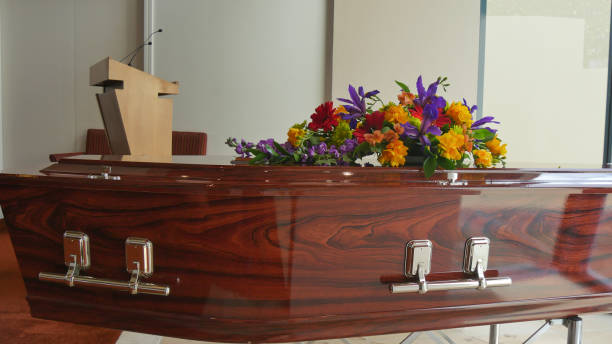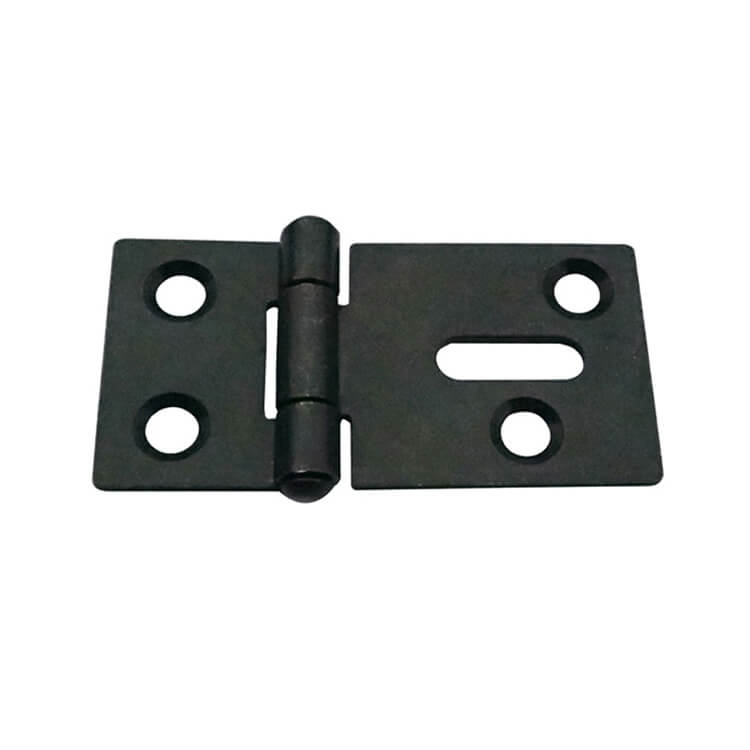When a loved one passes away, their body undergoes several processes before the funeral. One of the questions that often arises is what happens to the organs of the deceased during this time. Funeral homes play a crucial role in preserving the body and preparing it for the funeral, but what happens to the organs remains a mystery to many.
To answer this question, it is essential to understand the embalming process, which is the most common method of preserving the body. Funeral homes use embalming fluid to slow down the decomposition process and maintain the body’s appearance. However, the standard embalming process does not involve removing organs from the body.
This article will explore in more detail what happens to organs during the embalming process, as well as other procedures that may involve the removal of organs, such as autopsies. It will also examine state laws and requirements that funeral homes must follow concerning organ preservation and refrigeration.
Embalming and Preservation
Ironically, while funeral homes preserve organs with embalming fluid during the embalming process, standard embalming procedures do not involve removing organs from the deceased’s body.
Morticians aim to slow down decomposition and prevent leakage of fluids and gases created by bacteria by using embalming fluid that is stronger than what they put in the rest of the body.
Organ preservation techniques are used to help postpone decomposition and prevent fluid from leaking out of the body. This is achieved by injecting embalming fluid into the arteries, which then circulates throughout the body, preserving the organs in the process.
However, the impact of embalming on the environment has raised concerns, as the process involves the use of hazardous chemicals such as formaldehyde. These chemicals can seep into the soil and water, potentially posing a risk to public health and the environment.
Despite this, embalming is still commonly practiced, with funeral homes and morticians often using alternative methods such as refrigeration and dry ice to preserve the body.
Autopsies and Organ Removal
During an autopsy, the pathologist removes the organs from the deceased’s body for inspection, and may retain samples or entire organs for further analysis. This process is commonly performed to determine the cause of death or to study disease processes.
However, if the deceased had previously consented to organ donation, the pathologist may also remove and preserve organs for transplantation.
Organ donation is a complex process that involves ethical considerations. While some people may wish to donate their organs to help others, others may have religious or personal objections to the practice.
Additionally, the process of organ removal must be performed in a way that respects the dignity of the deceased. As such, pathologists and other medical professionals must adhere to strict guidelines and protocols when performing autopsies and organ removal procedures.
State Laws and Requirements
State laws and requirements play a crucial role in the funeral industry, affecting the handling and disposition of deceased bodies.
For instance, cremation regulations vary by state, with some states requiring a waiting period between the time of death and the cremation process. In some states, the family must sign a cremation authorization form before cremation can take place.
Furthermore, some states mandate that a funeral home must provide refrigeration for the body if embalming is not performed within a certain timeframe.
Funeral home refrigeration is another area that is regulated by state laws. In some states, funeral homes must provide refrigeration for a deceased body if it is not embalmed within a certain timeframe. This is because refrigeration helps to slow down the decomposition process, which can help preserve the body until the funeral service.
In addition, some states require funeral homes to provide refrigeration for unclaimed bodies or bodies that are not being immediately cremated or buried.
Overall, state laws and requirements play an important role in the funeral industry, ensuring that deceased bodies are handled and disposed of in a safe and respectful manner.


